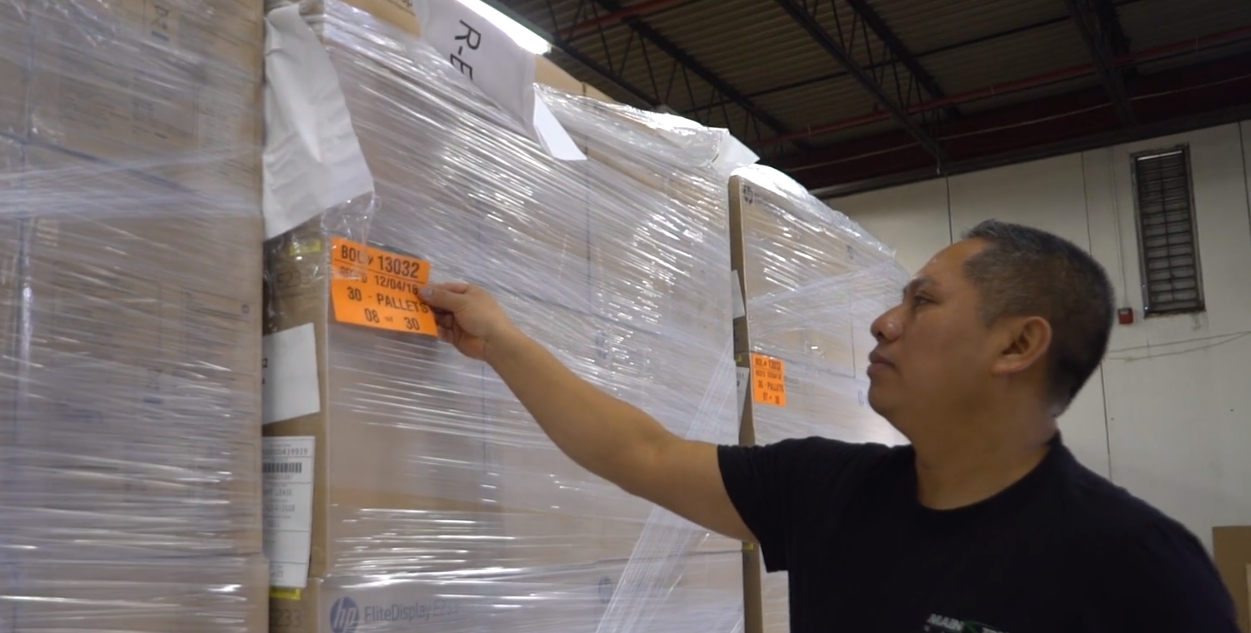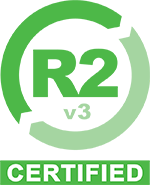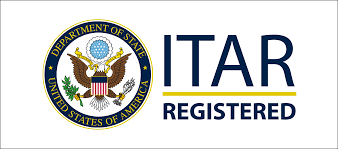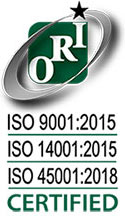
The circular economy is gaining traction in the United States but has yet to see the rates of success found in Europe. At the recent RLA Conference & Expo in Las Vegas, which Mainstream Global attended, participants were challenged to place reverse logistics at the center of the Western hemisphere’s circular economy.
Speakers and presenters made it clear that a successful circular economy will happen when businesses buy into its fundamental practices. A key step is taking advantage of services that simplify reverse logistics processes.
The following services are crucial for businesses that aim to master reverse logistics, recoup losses, generate revenue and succeed in a green, circular economy.
Fundamentals of the circular economy
The need for a streamlined, reverse supply chain spurred the evolvement of the circular economy. As a result of the growth of e-commerce, manufacturers and retailers were left with rejected but functional products that they did not have the capabilities to resell effectively. In addition, rapid advances in IT technology quickly render electronic equipment — containing rare minerals and other high-cost materials — obsolete. Enter the circular economy. The circular economy makes old resources new and brings reusable products back to market, providing product owners with ways to recoup losses while also reducing the environmental impact.
In April of 2018, the European Union passed legislation that requires companies to reuse materials. In the United States, we can learn from the European model and address obstacles that are inherent in our own reverse supply chain. Some obstacles include lack of cost-effective refurbishment and a lack of consumer knowledge regarding product value. Mainstream Global understands these obstacles and has developed services to overcome them.
Services needed for business success in the circular economy
Recouping losses and increasing revenue on your own is seldom cost-effective, especially when it comes to refurbishing IT assets and finding new markets for the products. Third party partners can absorb those costs and bring revenue back to an organization by using a reverse logistics strategy that is built on these three services:
1. IT Asset Disposition (ITAD)
When businesses lack the knowledge or time to determine how much IT surplus is worth, IT asset disposition services can provide quotes and offer disposal options. ITAD specialists are aware of the most cost-efficient ways to dispose of various products, from motherboards to LCD monitors to laptops. Some items might be broken down and sold for parts or elements. Others might be refurbished and sold in developing markets, enabling your organization to recoup losses on old or damaged equipment and avoid fines for improper disposal.
For example, environmental regulations require that certain materials be disposed of in a specific way. Not doing so will result in fines. IT asset disposition specialists have fluent knowledge of the Green Grid’s electronic disposal metric, which is used to measure an organization’s electronic disposal efficiency, or EDE. An efficient EDE lies within the 0.0 to 1.0 range. The number indicates the ratio of the weight of disposed equipment vs. the weight of responsibly disposed equipment. The closer an organization is to 1.0 the more efficient their disposal of sensitive electronic equipment. Though it is not a government-backed metric, Green Grid and similar metrics allow organizations to track their disposal efficiency and monitor their IT spending.
2. Equipment refurbishment
As mentioned above, equipment refurbishment is one way to dispose of assets in an environmentally sound way. However, there are internationally recognized standards for wiping equipment clean and ensuring that sensitive information never gets into the wrong hands. In addition, any recycled electronic equipment must adhere to specific recycling standards. Mainstream Global is certified across these standards. Working with a certified and legitimate ITAD partner ensures that the partnership is long-term and environmentally ethical.
3. Global remarketing
Testing, grading, and repair of products is one thing, knowing where they are in demand is another. The networks of global remarketing complete the reverse logistic supply chain, and in some instances even create a loop. Mainstream Global has a strong presence in the Latin American market, an all-important geography often overlooked by others in the reverse logistics space. Moving equipment to relatively close geographic areas does not only benefit you but environmental as well due to the reduction of fossil fuels and shipment-related environmental impacts.
Partnering with an organization that offers these three services is one way your organization can master the circular economy without losing sight of your primary business goals. Contact us today to learn more.
Mainstream Global, Inc., headquartered in Lawrence, Mass., owns and operates ISO 9001, 14001, OHSAS 18001 and R2 certified processing centers in the United States, Colombia, Peru, Chile, Argentina and Brazil. With over 19 years of directly servicing and re-selling assets from top-tier manufacturers, Mainstream Global is the recognized expert. Our partners rely on us for compliance, security, professionalism, and brand protection, all while providing the best returns and prioritizing global environmental standards.
Read more:
Don’t fear the data reaper: How to remarket sensitive data center hardware
What you need to unlock potential of global remarketing in Latin America
5 certifications: How they help you fulfill demanding ITAD requirements





